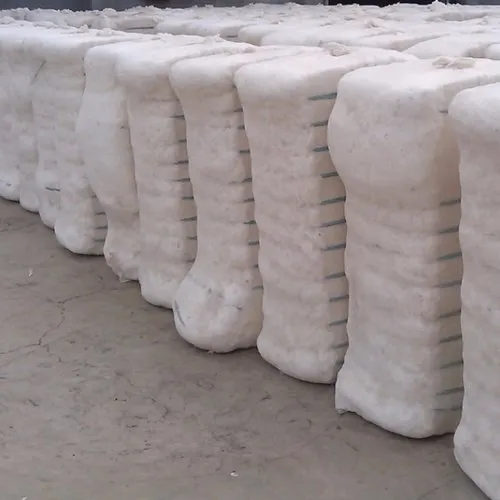Absorbent cotton rolls play a crucial role in various industries, including healthcare and manufacturing. As environmental concerns continue to grow, the need for sustainable practices in absorbent cotton roll manufacturing becomes increasingly important. In this article, we explore key sustainable practices adopted by manufacturers in this industry.
1. Sourcing Sustainable Raw Materials:
- Organic Cotton Cultivation: Manufacturers are increasingly sourcing cotton from organic farms, where eco-friendly farming practices are employed to minimize environmental impact.
- Responsible Cotton Farming: Acceptance responsibly managed cotton farms helps reduce water usage, pesticide application, and overall ecological footprint.
2. Energy-Efficient Manufacturing Processes:
- Renewable Energy Sources: Manufacturers are harnessing renewable energy sources such as solar and wind power to reduce dependence on fossil fuels and lower carbon emissions.
- Energy-Saving Technologies: Implementing energy-efficient technologies in production facilities helps optimize energy consumption and minimize environmental impact.
3. Waste Reduction and Recycling Initiatives:
- Closed-Loop Systems: Implementing closed-loop systems allows manufacturers to recycle water used in processing cotton, reducing water wastage and pollution.
- Water Conservation: Many manufacturers are adopting water-saving technologies in the cleaning and bleaching processes. This reduces the overall water consumption required to produce absorbent cotton rolls.
Sustainable practices in absorbent cotton roll manufacturing are essential for minimizing environmental impact and promoting ecological balance. By embracing sustainable sourcing, energy-efficient manufacturing, and waste reduction, manufacturers contribute to a healthier planet and meet the growing demand for environmentally conscious products.








